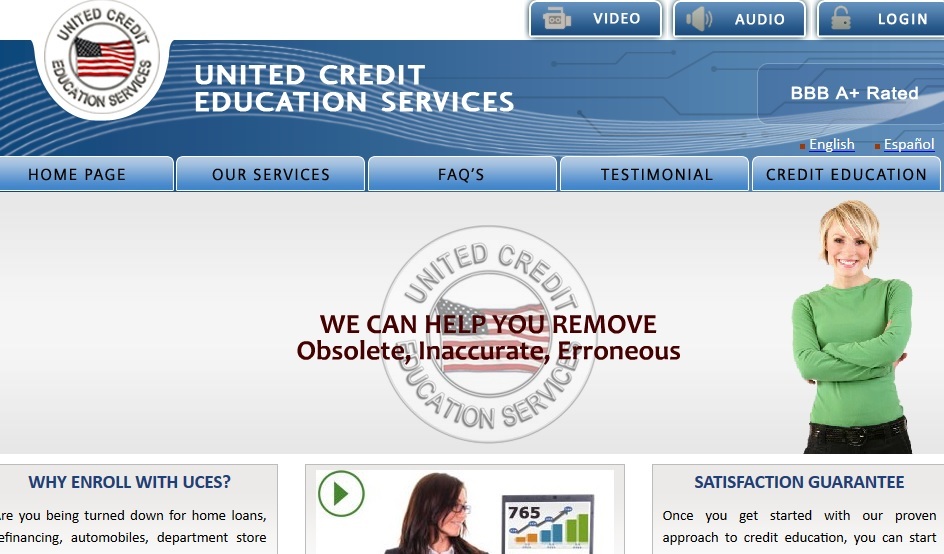How to Tap Into a Huge New Market of Home Buyers
02/26/2014 11:34 AM (CST)

Last week we looked into the news that certain lenders are loosening their credit score requirements when considering new mortgage applications.
We were a little bit skeptical, because when you look at the real numbers of people actually getting a mortgage and those that end up being turned down… you still see a clear trend of high credit score playing a major role.
Applicants who were denied a mortgage in September, 2013, had an average FICO score of 696, according to Ellie Mae—a score that’s relatively stellar by most counts.
This week we had a pleasure of having Randy Cochrane, one of the National Sales Directors with United Credit Education Services, as our weekly webinar panelist. Randy is also a Designated Broker for the State of Arizona with Equity Real Estate. He shared his strategy of getting up to 12 listings a year by utilizing credit repair tools and knowledge and not spending a dime on marketing.
If you missed it, you can watch the webinar replay here >>
Although in order to learn more about his way of getting more listings you’ll have to watch the replay, we decided to share a few interesting facts that were our takeaway from the Tuesday’s webinar.
Whether we like it or not, we’re still working in a distressed market. Many people are still losing their jobs.
A lot of loan modifications from 12/24/36 months ago will adjust in the near future. What it means is that people, who couldn’t afford their homes before being approved for the loan mods, now won’t be able to afford them again after their interest rates adjust. Short sales are somewhat back and they will be back in full force towards the end of this year.
58% of the population does not pay their credit card balances in full each month.
Average US credit card debt is over $17,000
Those with more than $20,000 in credit card debt are likely to miss payments and see interestrates skyrocket and credit scores plummet.
About 25% of the population has a 599 credit score or below. 36.5% of the Nation’s prospective homebuyers will not qualify to buy a new home!
About 80% of all credit reports have errors on them causing lower credit scores.
About 83 million people don’t even know what their credit score is, or what is currently reporting on their credit report.
Finally, one seriously overlooked issue when it comes to home buyers. When the economy crashed, a lot of people went back to school. Now those student loans are maturing. Many individuals would like to buy a house but they cannot get a mortgage, because their student loans exceed what their mortgage payments would be.
In addition, federal student loans don't take credit scores into account, but private student loans do, and the penalty for worse credit is significant.
Interest rates vary by lender, but someone with a 750 score can expect rates that are around 5 to 6 percentage points cheaper than someone with a 650 score.
So there should be no doubt in one’s mind that low (or not sufficiently high, rather) credit score is a cause for serious concern. Over a lifetime borrowing, a person with 650 credit score pays an astounding $201,712 more than someone who’s score is 750.
There’s a huge market of potential home buyers that want to buy a home but are not able due to a low credit score. If you partner up with United Credit Education Services, they can help you tap into that market. Check out their website at http://www.united-credit.org/ or contact Randy Cochrane directly at 1.800.480.1917 ext. 0 or email him at UCESOrg@gmail.com.

